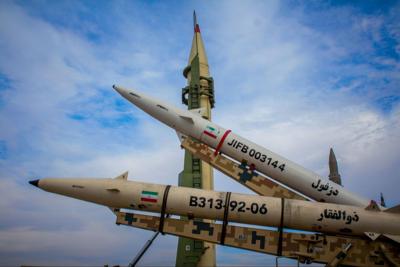The world is experiencing dangerous new levels of conflict as global leadership fails to provide moral guidance during multiple crises. According to analysts from the Indian Express, the current wars in Gaza and Iran show how Western powers are trying to maintain their control over world affairs. The much-talked-about idea of different countries sharing global power has proven to be false, as Western nations continue to dominate through military force.
Even important Middle Eastern countries like Saudi Arabia have chosen not to challenge the West over Palestine or Iran, preferring to improve their own relationships with Western powers instead. Indian Express further explains that these conflicts are really attempts by America to reassert its position as the world's most powerful nation. The language used to describe these wars has become so twisted that truth no longer matters, with words being used as weapons rather than tools for understanding. The coverage of Gaza perfectly shows this problem, where, despite being the most reported conflict in the world, Palestinians have somehow become invisible in the discussion.
The threat of a third world war is becoming more real as tensions reach dangerous levels across multiple regions. News18 reports that conflicts in Europe, the Middle East, and Asia are all showing signs of getting worse, suggesting that a global war might happen sooner than people think.
The main leaders responsible for these growing problems include President Donald Trump from the United States, President Xi Jinping from China, President Vladimir Putin from Russia, and Supreme Leader Kim Jong Un from North Korea.
These powerful figures are joined by other conflict-driven leaders like Prime Minister Benjamin Netanyahu from Israel, Iran's Supreme Leader Ayatollah Khamenei, Ukraine's President Volodymyr Zelenskyy, and Pakistan's Field Marshal Asim Munir.
News18 emphasizes that predicting what these leaders will do next is extremely difficult, making the world situation very unstable. The recent crisis between India and Pakistan shows how quickly things can escalate, with both nuclear-armed countries engaging in military action that crossed previously agreed boundaries. This four-day conflict in May demonstrated how modern weapons systems can cause serious damage and how misinformation spreads rapidly during such crises.
World leaders are closely watching the rising tensions between Iran and Israel as fears grow about an all-out war breaking out in the Middle East. Sky News reports that the international community is deeply concerned about the escalating strikes between these two countries and what this might mean for global stability. The situation has prompted urgent discussions among major powers about how to prevent the conflict from spreading to other regions. Many experts believe that the current crisis could trigger a much larger war if diplomatic solutions are not found quickly.
Sky News notes that the world stands at a critical moment where small mistakes could lead to catastrophic consequences for millions of people. The lack of effective international institutions to manage these conflicts makes the situation even more dangerous. Previous attempts at peace negotiations have failed repeatedly, leaving military action as the preferred option for many leaders. The combination of nuclear weapons, advanced military technology, and unpredictable leadership creates a perfect storm for a global disaster that could affect every country on Earth.








(0) comments
Welcome to the discussion.
Log In
Keep it Clean. Please avoid obscene, vulgar, lewd, racist or sexually-oriented language.
PLEASE TURN OFF YOUR CAPS LOCK.
Don't Threaten. Threats of harming another person will not be tolerated.
Be Truthful. Don't knowingly lie about anyone or anything.
Be Nice. No racism, sexism or any sort of -ism that is degrading to another person.
Be Proactive. Use the 'Report' link on each comment to let us know of abusive posts.
Share with Us. We'd love to hear eyewitness accounts, the history behind an article.